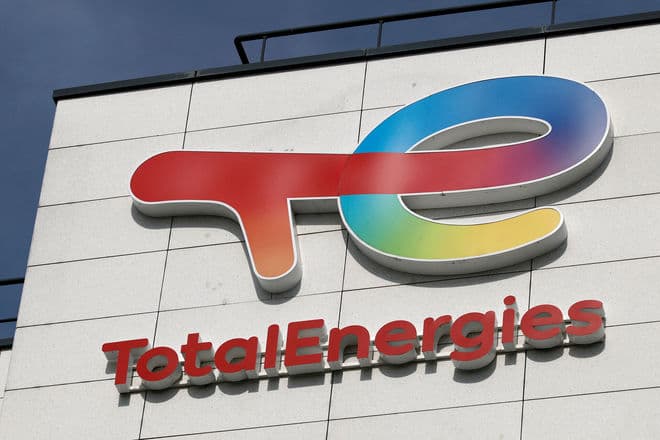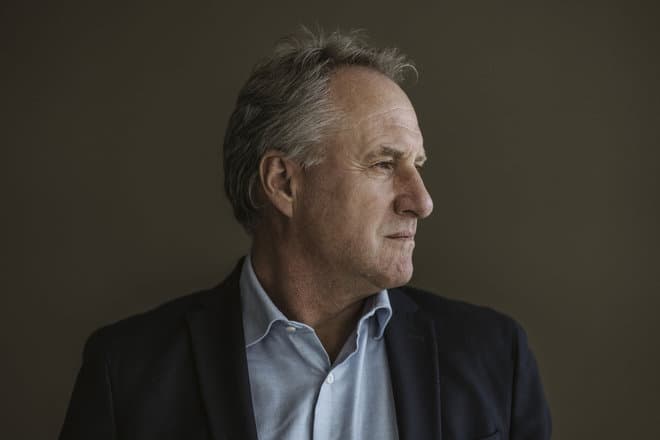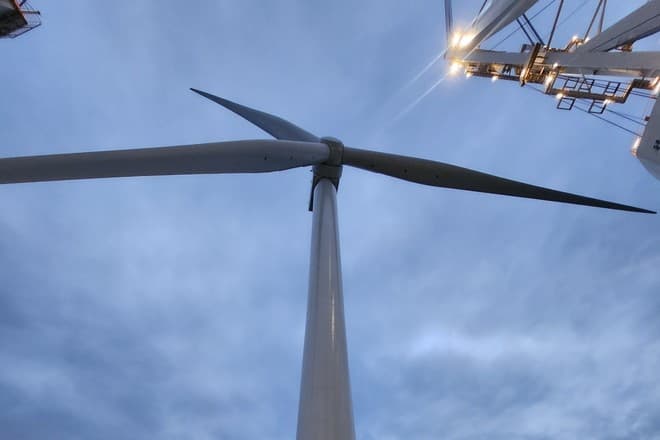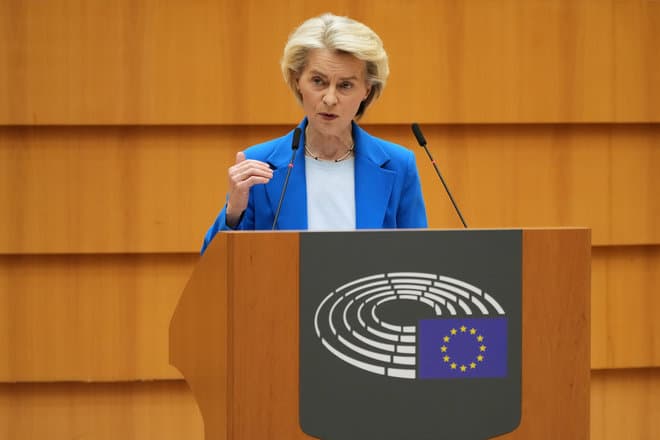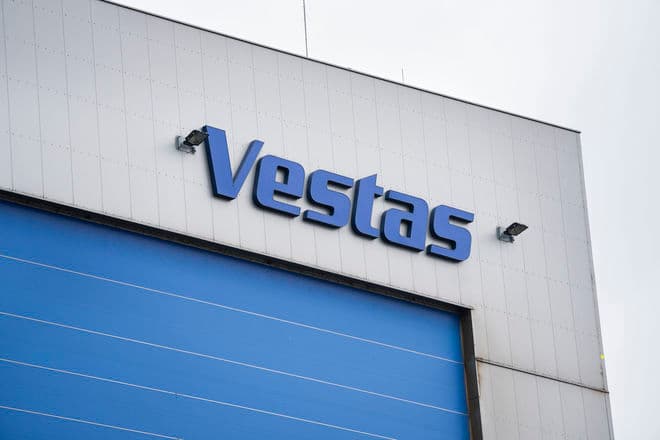Five research-based potential maps from the national research and innovation project TRANSFORM are now available in the data store at Denmark's Environmental Portal. The maps will help identify where there is the greatest potential for reducing nitrogen emissions, reducing CO2 from low-lying soils, protecting drinking water, establishing new nature or removing areas with low cultivation value. This is reported by Denmark's Environmental Portal.
- The potential maps show both where there is the greatest potential for removing current agricultural areas to meet other land interests and where the areas can serve multiple functions at once, says Erling Andersen, senior advisor at the University of Copenhagen and in the TRANSFORM project.
TRANSFORM brings together universities, innovation companies, authorities, advisors and businesses in a collaboration that will support a sustainable transformation of the Danish landscapes. The maps can be used to coordinate efforts across municipal boundaries and subject areas and make it possible to spot synergies and conflicts before specific area projects are planned.
The Danish Environment Portal has collaborated with the University of Copenhagen to make the maps publicly available. According to project manager Inga Marie Galløe, the aim is to make research data practically usable for planners and authorities.
The project is based on a Living Lab approach and is funded by the Novo Nordisk Foundation and the 15. Juni Foundation. The maps can be found in the Danish Environment Portal's data store and accessed through systems such as Synergikort and Danmarks Arealinformation.
amp
Text, graphics, images, sound, and other content on this website are protected under copyright law. DK Medier reserves all rights to the content, including the right to exploit the content for the purpose of text and data mining, cf. Section 11b of the Copyright Act and Article 4 of the DSM Directive.
Customers with IP agreements/major customer agreements may only share Danish Offshore Industry articles internally for the purpose of handling specific cases. Sharing in connection with specific cases refers to journaling, archiving, or similar uses.
Customers with a personal subscription/login may not share Danish Offshore Industry articles with individuals who do not themselves have a personal subscription to Danish Offshore Industry.
Any deviation from the above requires written consent from DK Medier.

